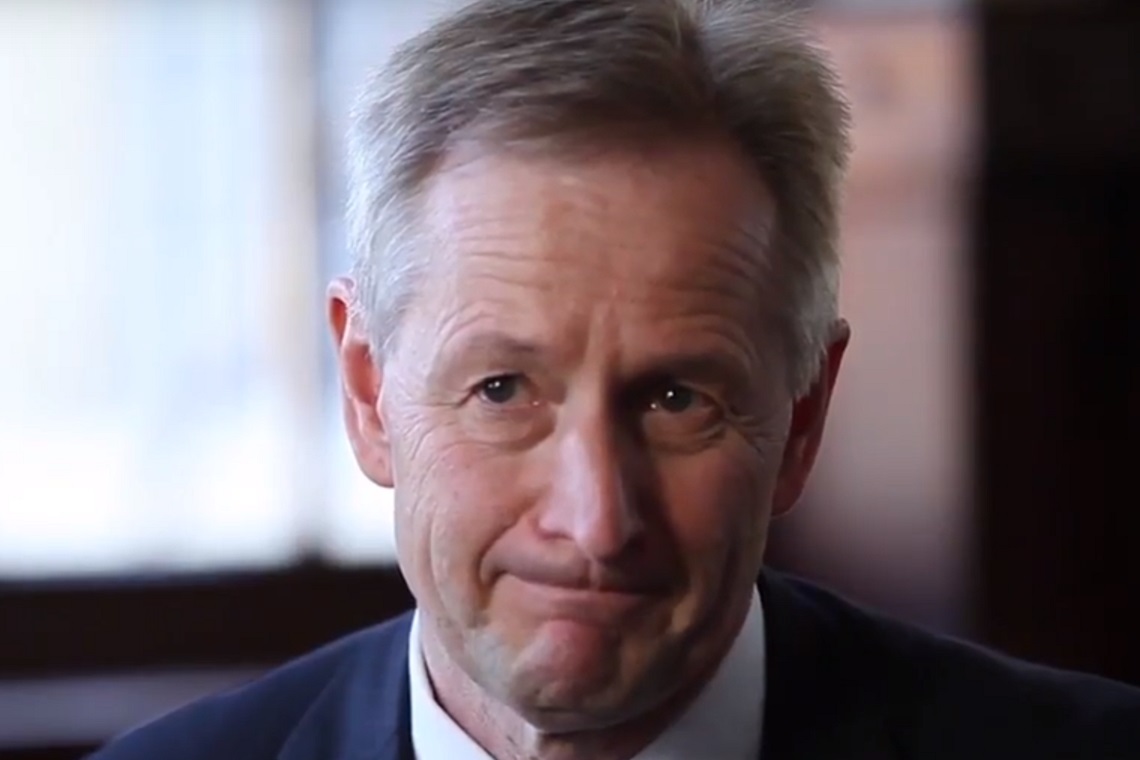ALE Property Group (ALE), Australia’s biggest pub owner has revealed its FY19 results an increase in revenue, but a fall in profits caused by increased management expenses, land tax and higher rates in Queensland.
The group also revealed that CEO and Managing Director Andrew Wilkinson has indicated that after 16 years with the group he wants to pursue new executive challenges outside of ALE. The group said Wilkinson will remain fully committed to his role until the 2018 rent determinations are completed and a new CEO is appointed.
Wilkinson has been at the helm during a drastic increase in ALE’s market capitalisation with growth from $91m to more than $1bn, with a total return of around 20 per cent per annum.
The Chairman of ALE, Robert Mactier, said: “After a long and successful leadership of ALE, Andrew has indicated his desire to pursue new challenges. On behalf of the Board I wish to thank Andrew for his significant and consistent contribution to the Group since 2003.”
“We will work with Mr. Wilkinson to confirm the optimal timing of his departure and to ensure a smooth and orderly transition process to a new CEO, to lead ALE in its next phase of growth. ALE will commence a CEO search process in the coming weeks.”
Wilkinson’s announcement follows the recently completed non-executive director renewal process and the lodgement of the 2018 rent review submissions.”
Wilkinson said: “It has been a privilege to serve as CEO and Managing Director of ALE and I am pleased that significant value has been created for security holders. The new CEO should look forward to working with a high quality property portfolio and a very capable Board and executive team.”
In terms of ALE’s financial results the group reported revenue from properties of $60.2m, up $2.1m from last year, with ‘other revenue’ of $800,000 down from $1m last year. The group said the increase was “due to rent increases of 10 per cent for 36 of the properties from November 2018, and CPI or fixed rent increases for seven properties, that are not subject to the 2018 rent review process”.
Distributable profit for the year was $28.3m, down from $29m, with the group saying “management expenses were higher due to $3.1m of additional costs of preparing rent review submissions for determination; and land tax expenses increased based on increased land value assessments and the higher rates now applicable in Queensland”.
In a statement to the ASX, Wilkinson detailed the progress of ALE’s rent review. He said: “During the 2019 financial year, ALE’s first major rent review commenced on 79 of the ALE’s 86 investment properties. Of the remaining seven properties, four properties have later review dates, including two that have received CPI increases in the current period, and three properties have non-standard leases.
“On 3 August 2018, ALE issued rent notices to its tenant, ALH, advising that the rent on each of the 79 properties subject to the current rent review should increase by 10 per cent. ALE and ALH had already agreed that two properties’ rents would increase by 10 per cent. ALH accepted the rent notices on 32 of the properties and rejected the remaining 45 notices. ALH has subsequently accepted two additional properties.
“Forty-three properties remain subject to independent determination.
“The 36 accepted rent notices and regular CPI and fixed rent increases on six other properties increased ALE’s total passing gross rent as at 30 June 2019 to $61.04 million, an increase of 4.28 per cent on the prior year. QLD land tax is the only deduction included in ALE’s total net passing rent.
“The passing gross rent for the remaining 43 properties may increase or decrease by up to 10 per cent.”
Looking at the year ahead Wilkinson added: “ALE remains confident of a positive result but notes it may not receive a full 10 per cent rent increase for all properties. The remaining 43 rent determinations are to be handed down at the same time and are currently anticipated late CY19. The rent determination results will be back dated to 4 November 2018.”

